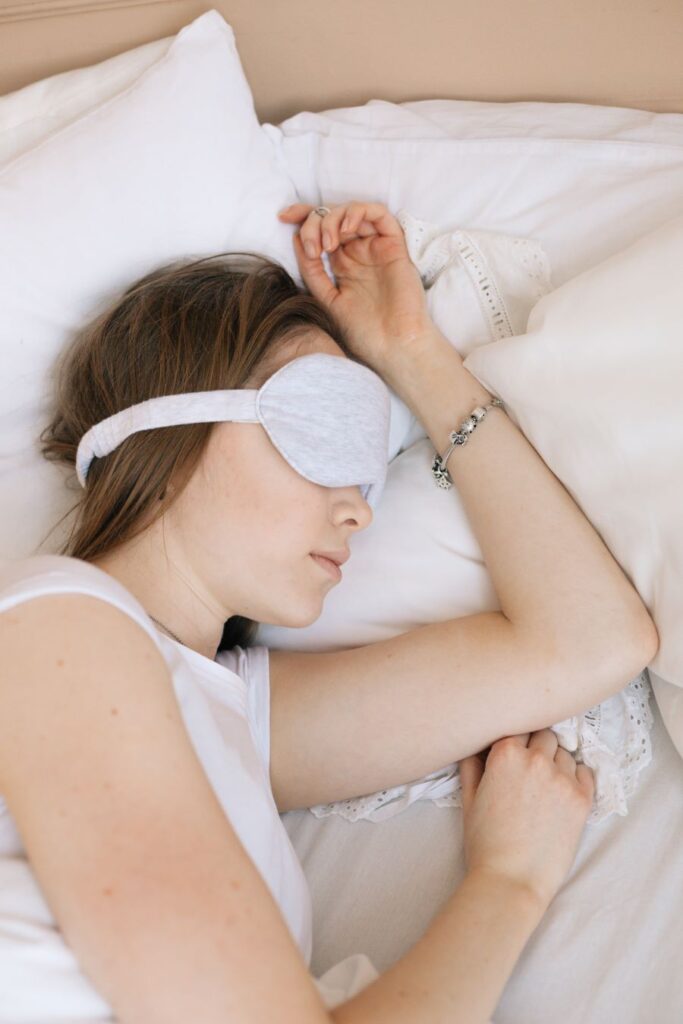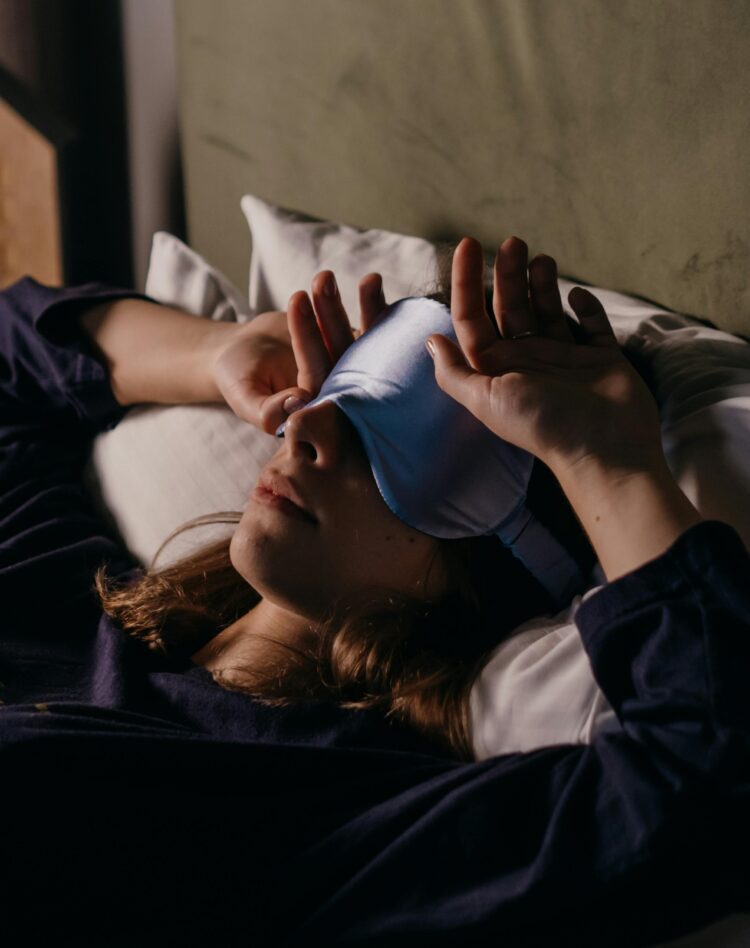A new global report shows that we rank very highly when it comes to poor sleeping habits
Do you find yourself yearning to get to bed earlier every night? Does getting up every morning feel like a crime against comfort? Does a night between the sheets sound way better than a night on the tiles?
If you answered yes to any of these questions, you’ll be interested to learn that a huge sleep survey, including countries all around the world, is proving that we are all ready to place more value on our sleep. The problem is finding the best way to do it.
IKEA’s largest global study surveyed over 55,000 people across 57 markets and revealed that Mainland China has the highest score for sleep quality, Norway has the lowest sleep quality score, and the USA second to last.
But where does Ireland rank when it comes to drifting off to the land of Nod? The results may surprise you. Or not, depending on how you sleep. Here are some of the Irish statistics from the global report:
People in Ireland are among the most tired in the world when waking up
- Apparently, 49% of people in Ireland wake up feeling tired almost every day. We rank in the top five globally for waking up this way, alongside Norway, Sweden, the USA, and Australia.
- We’re also among the worst for waking up multiple times a night, with almost a third of us (27%) waking up more than twice during our sleeping hours.
- People in Ireland want significantly more sleep than they’re getting. The average amount of time people in Ireland sleeps each night is 6 hours 35 minutes. But the desired amount is 8 hours per night. Imagine getting 1 hour and 25 minutes more of sleep every night than you’re getting? Heavenly.
- 43% of people in Ireland are worried they are not getting enough sleep. However, 75% of people in Ireland said they use their phone in the bedroom, potentially contributing to sleep disruption and nearly one in five (or 19%) of people in Ireland regularly use sleep medication.
But we’re not alone. The global survey proved that there is a shared longing for more rest. It seems that while most individuals sleep for 6 hours and 40 minutes, they aspire to reach nearly 8 hours.
The majority of people (70%) view sleep as one of life’s greatest joys with over half (58%) claiming that they prefer staying in and sleeping to going out and socialising.

What is affecting our sleep?
Deep down we all know the things that come between us and our precious but it helps to see it in black and white. Stress, anxiety, and overthinking is the main reason (40%) why people are losing sleep. And while it takes most people an average of 24 minutes to drift off, 7% report taking over an hour to fully relax.
Screen time: Screens are deeply ingrained in bedtime routines, despite fears over their impact on sleep quality. Three quarters (72%) of people use their phones in the bedroom, soaring to 86% among 18-24-year-olds – the group most likely to worry about the amount of sleep they get. Laptops, tablets, and TVs are also bedtime staples.
Sleep inequality: An interesting element to the study’s IKEA Sleep Score was the revelation of stark inequalities among certain groups. For example, the LGBTQ+ community (57), financially insecure individuals (54), people with disabilities (56), and women with young children (59) scored far below the global average (vs 63). It also found that people who share bedrooms with multiple individuals also sleep worse than those who sleep alone or with a partner.
Sleep environment: Our sleep environment and what we wear has a significant influence on our sleep quality with most people feeling satisfied with their bedding, sleepwear, bedroom storage and room temperature. Unsurprisingly, two thirds of respondents said that a clutter-free space also plays a vital role, with two thirds of respondents stating that a tidy room improves their sleep.
Simple tips for a better nights of sleep
The report also offers practical tips to help everyone sleep better. Here’s what it suggests:
Stick to a routine: Have regular bedtimes and wake up times, even on weekends.
Max out on natural light: Get lots of daylight during the day to help regulate your body clock.
Build a sleep sanctuary: Create a clutter-free, cosy space with comfortable bedding and dim lighting.
Unwind your mind: Do breathing exercises or meditation to relax.
Have good habits: Enjoy rituals, like a hot bath, which can help signal to your brain it’s bedtime.
Don’t look at screens: Drift off with audiobooks or podcasts instead.
Mind your diet: Avoid heavy meals, caffeine or alcohol near bedtime.
Get physical during the day: Regular physical activity promotes better sleep.
Don’t force it: Let go of sleep pressure, focus on relaxation instead.
Look at the big picture: Aim for consistent, realistic rest rather than perfect nights.
Click here to read the full report.








